Top Class Actions’s website and social media posts use affiliate links. If you make a purchase using such links, we may receive a commission, but it will not result in any additional charges to you. Please review our Affiliate Link Disclosure for more information.
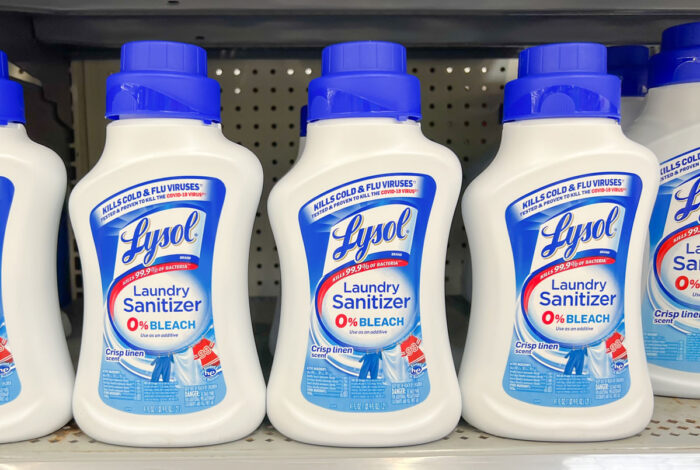
Lysol laundry sanitizer class action overview:
- Who: A Lysol laundry sanitizer customer is suing the manufacturer, Reckitt Benckiser LLC.
- Why: The plaintiff alleges the product has misleading marketing that claims it kills bacteria in washing.
- Where: The Lysol class action was filed in a New York federal court.
Lysol laundry sanitizer claims it kills 99.9% of bacteria, however most bacteria is simply killed by being in a hot wash, a new class action lawsuit alleges.
Plaintiff Nicholas Vaglica filed the class action complaint against Reckitt Benckiser LLC Sept. 25 in a New York federal court, alleging violations of state and federal consumer laws.
According to the lawsuit, Reckitt Benckiser makes and sells Lysol-brand laundry sanitizer marketed as being able to kill “99.9% of bacteria.”
However, the representation is misleading for several reasons, Vaglica says.
“First, no credible and accepted studies on domestic laundry practices indicate that the spread of bacteria and/or infection from laundry is a potential risk of bacteria transmission,” he says.
“Second, most Americans utilize hot water for washing clothes, with temperatures of 60 degrees Celsius or 140 degrees Fahrenheit.”
Washing clothes at this temperature will kill most bacteria, Vaglica says, with or without the use of sanitizer.
“At hot and warm temperatures, the washing process inactivates microorganisms, accelerates the activation of detergents and facilitates the mechanical removal of soil and other particulates.”
Lysol label fails to inform customers, lawsuit alleges
Despite the scientific facts, the front label of the Lysol product fails to inform consumers that standard use of a washing machine at hot or warm temperatures is sufficient to achieve a reduction in 99.9% of bacteria, Vaglica says.
He adds that consumers who only see the front label will expect the product can provide a meaningful benefit to them, even though they may already only use hot or warm water for laundry.
Vaglica says the product is sold at a premium price, the value of which is significantly less than it is sold for.
He is looking to represent a class of New York residents who bought the product, plus a consumer fraud multi-state class from New Mexico, West Virginia, Iowa, Arkansas, Wyoming, Utah, Montana, Idaho and Alaska who purchased the product.
Vaglica is suing under state consumer laws and for breach of warranty, fraud, and unjust enrichment. He’s seeking certification of the class action, damages, fees, costs and a jury trial.
Meanwhile, Edgewell Personal Care has been hit with a class action lawsuit alleging it misleads and deceives consumers by falsely marketing and labeling that its Wet Ones Antibacterial Hand Wipes “Kills 99.99% of Germs.”
Have you bought Lysol laundry sanitizer? Let us know your thoughts on the lawsuit in the comments!
The plaintiff is represented by Spencer Sheehan of Sheehan & Associates, P.C. and Abraham Kleinman of Kleinman LLC
The Lysol class action lawsuit is Nicholas Vaglica v. Reckitt Benckiser LLC, Case No. 2:22-cv-05730 in a U.S. District Court for the Eastern District of New York.
Don’t Miss Out!
Check out our list of Class Action Lawsuits and Class Action Settlements you may qualify to join!
Read About More Class Action Lawsuits & Class Action Settlements:



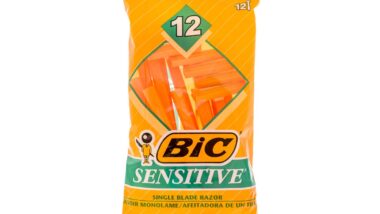

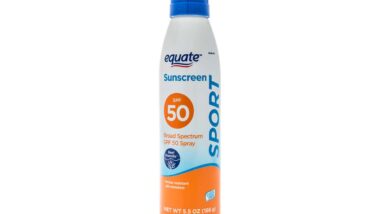
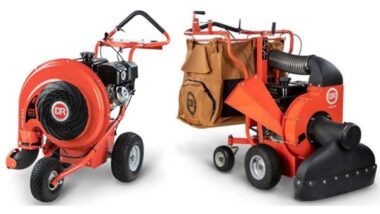

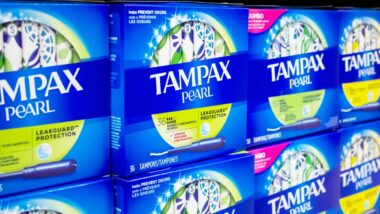

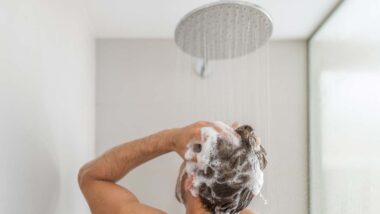


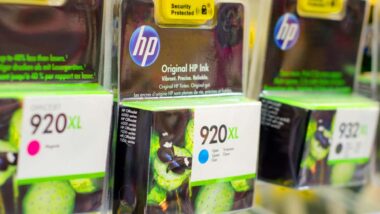

501 thoughts onLysol class action alleges laundry sanitizer falsely advertises it kills 99.9% of bacteria
Add me
This suit is not going to go anywhere, at least with these claims. Lysol isn’t claiming that bacteria is spread from clothing, it’s just saying it removes it. And it’s interesting they say 140 F when most washers only go to 130F – nonetheless, bacteria is mostly killed off at 149F or higher. As much as i hate big companies, this lawsuit is just a waste of time.
I’ve also discovered that this product can also stain clothing😡
I’ve been using this product since last year. I have it on hand now. How do I get added to this lawsuit. I have receipts from Amazon.
Add me bought serval
I would like to be added as well, and have plenty of receipts, as i have used this product regularly, since 2018. I would like to point out, though, that the plaintiff assumes that people already use warm or hot water. I rarely use it, so I regularly use this product on towels, underwear, socks and sheets, in the cold water cycle. The plaintiff does nothing to address that situation, so that needs to be answered as well. Since using this product, I have not had a load have to be rewashed, because it had “soured”, from being in the washer too long. (welcome to the south, lol).
Add me have proof of purchase.
Add me please I buy this product at least every week since product came out with receipts to prove my purchases. This makes me very frustrated as ive got 5 kids 3boys 2 girls and depended on fact it was disinfecting my clothes
I feel like the the article is saying that you do not need this product in hot water, but it kills germs in cold water or warm water. And the advertising is not saying that it’s making you believe that you need this for all loads. I didn’t see anything where it said 𝙞𝙩 𝙬𝙖𝙨 𝙣𝙤𝙩 𝙨𝙖𝙣𝙞𝙩𝙞𝙯𝙞𝙣𝙜 𝙮𝙤𝙪𝙧 𝙘𝙡𝙤𝙩𝙝𝙚𝙨. Is the advertisement is the issue I guess.is the advertisement is the issue I guess. that’s what I’m getting from it. That’s what I’m getting from it
Add me I thought since it was Lysol it would hold up on its word so I’m just buying the big bottle for nothing
Is there a suit like this for Floridians? I’ve been buying and using this stuff RELIGIOUSLY since the beginning of Covid & nearly all of my loads were done in hotwater. For a while I wasn’t even pausing my rinse cycle with it in there o make sure it soaks instead of just being in the regular amount of time rinse cycles run! I’m literally only even seeing this information because I was trying to look up if the product is still as effective in a warm water, because I wanted to (re-)run a cycle but this time with no detergent; the lowest setting on my machine takes the same duration of time that the product says it needs to sit in the “rinse” cycle for, in order to work. because on the instructions about presoak & general use it only gave directions for cold water, I wondered how long it would be for warm water- apparently nothing since it doesn’t make a difference! I’m so angry now, I’ve spent so much money on this sanitizer during the last 3 years!
Me too this just companies taking advantage of people trying to be safe!!
My granddaughter started me using this product about 3year ago I have been using this every since please add me